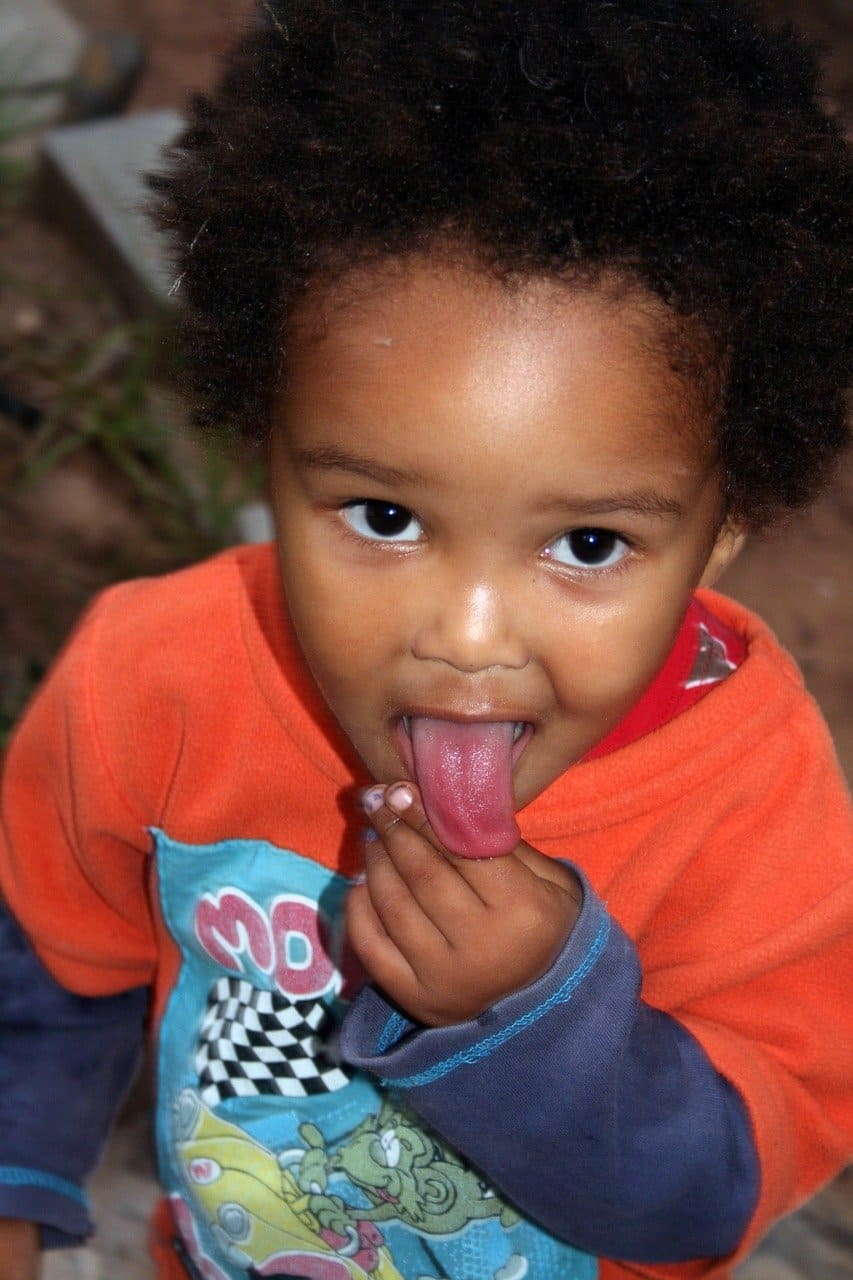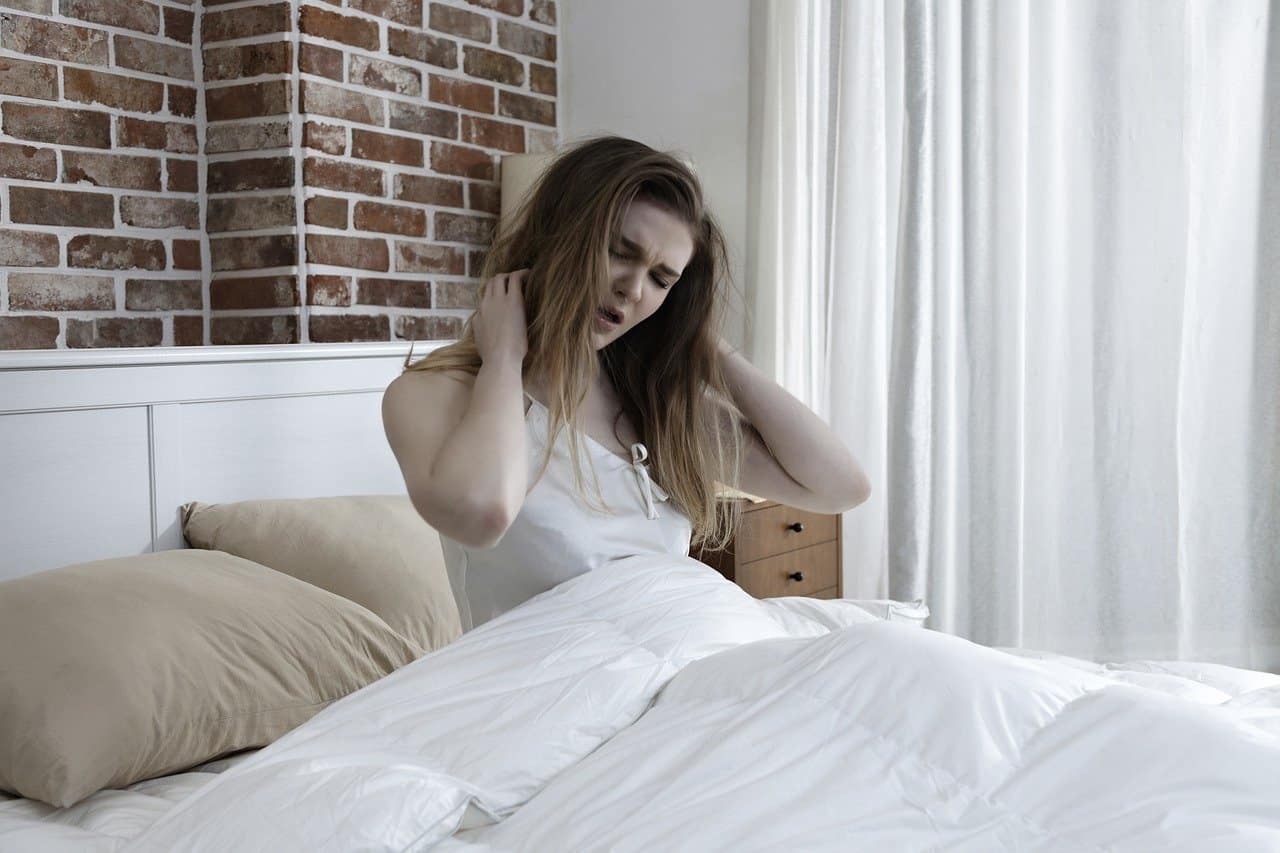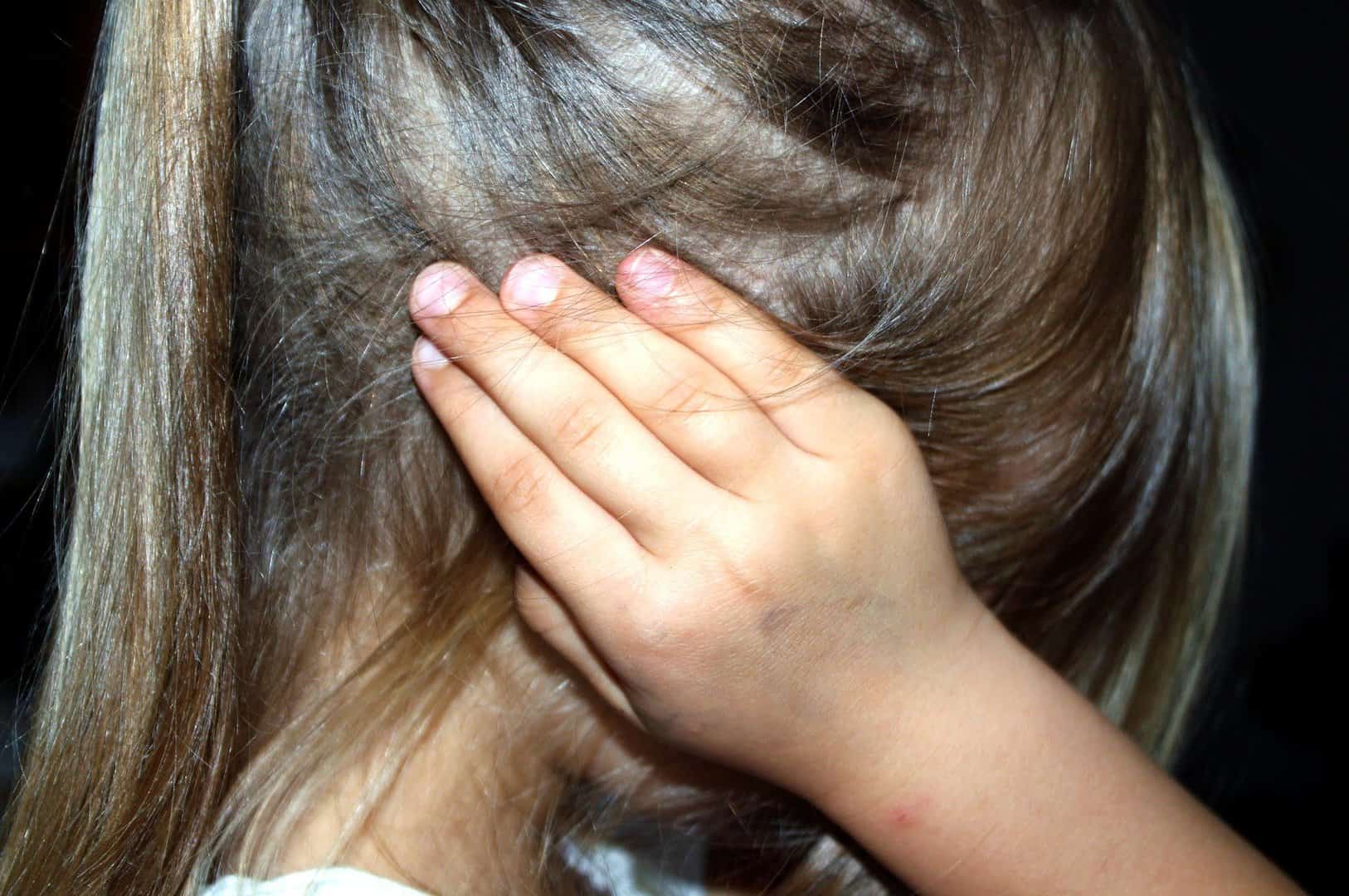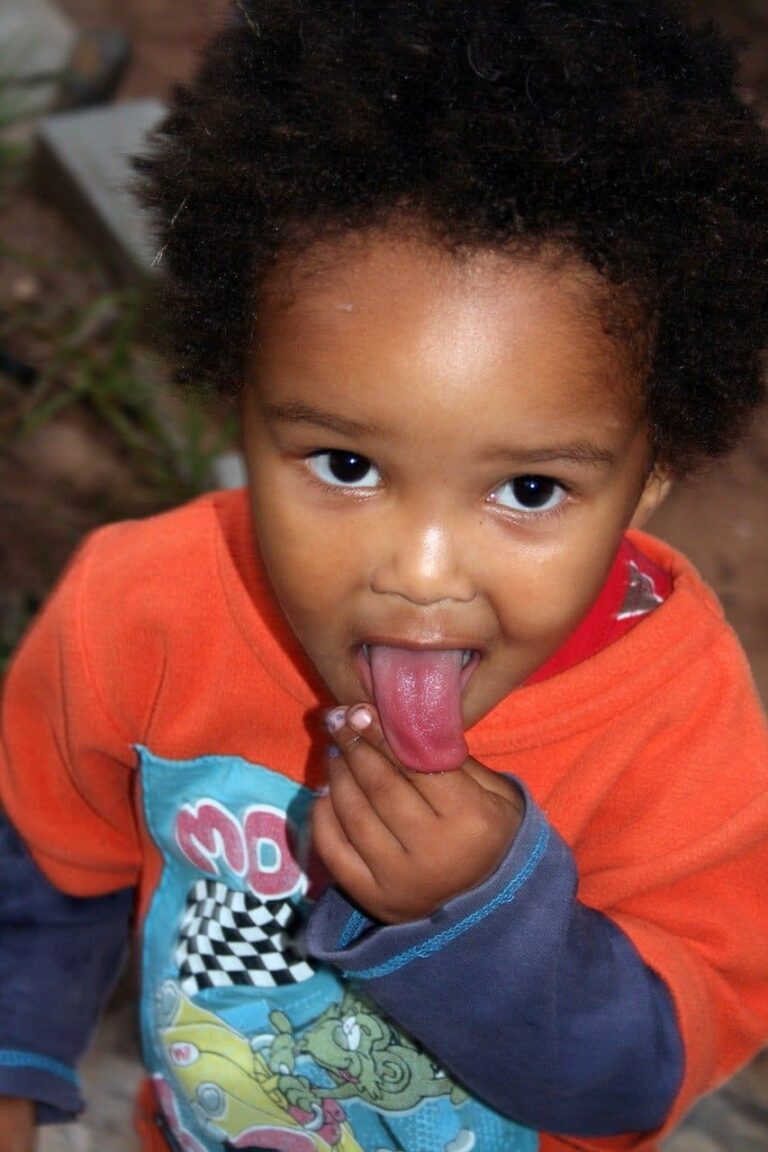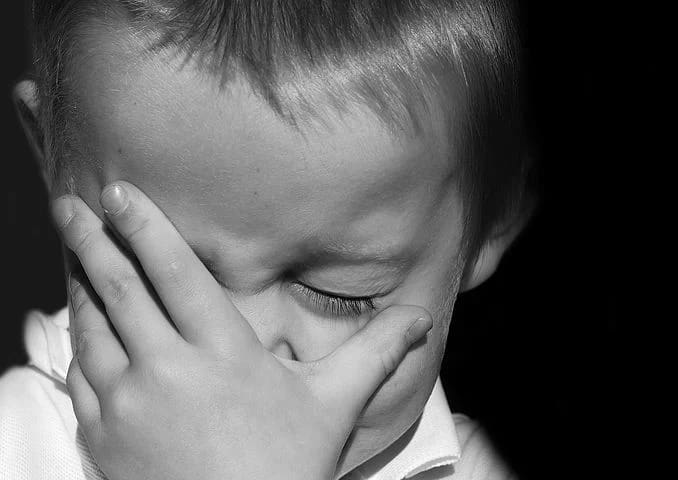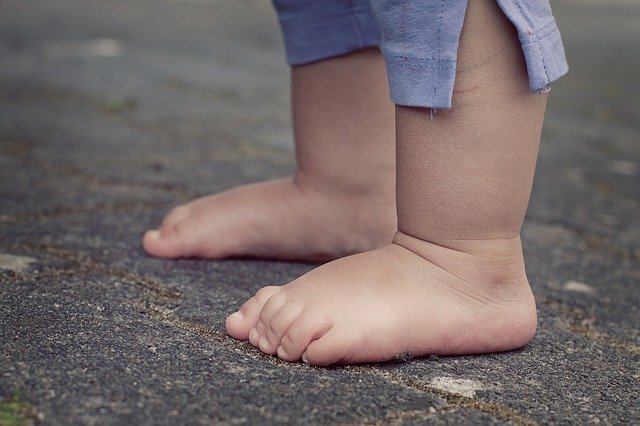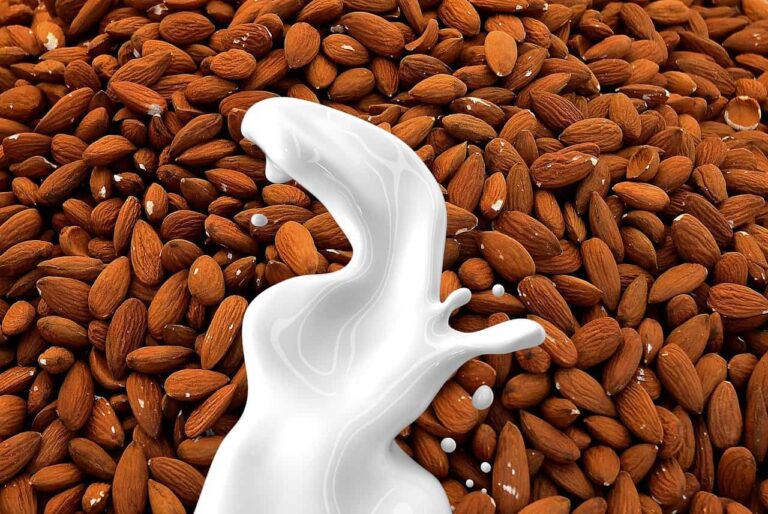What Causes Hiccups in Toddlers and Why Do They Keep Getting Them
Imagine having a lovely dinner with your family. Your toddler is enjoying the evening with some chicken nuggets and applesauce. But maybe they’re enjoying it a little too much.
You notice them eating their food faster than usual. That’s normal, you thought to yourself. Maybe your kid was hungry after a whole day of running and playing.
But then, right before they finish their last nugget, they pause. “Hiccup!” You hear that funny sound coming out of their mouth.
Your toddler has a case of hiccups. You watch them bounce in their chair and go “hiccup” every few seconds.
Everyone has experienced having hiccups once in their life. Hiccups are very common, and there is usually nothing to be alarmed about. Pretty soon, your toddler will stop making that sound and they will be tucked into bed.
But you might be thinking to yourself, “Why did my toddler start having hiccups?” Contrary to old wive’s tales, your child isn’t going to have a sudden growth spurt. Instead, what happened was a natural irritation of the diaphragm.
What Are Hiccups?
Hiccups happen very often, but we rarely think about why they happen. To answer what hiccups are, we must look inside our bodies. Specifically, we need to look at the diaphragm.
The diaphragm is a dome-shaped muscle located underneath the lungs. The diaphragm is responsible for helping the body inhale and exhale. The diaphragm contracts when inhaling and relaxes when exhaling.
The diaphragm works in a calculated move. But sometimes, the diaphragm can be irritated. This irritation can lead to it jerking and having spasms, pushing air upward through the throat.
The hiccups we hear are from the air that the diaphragm pushes into the throat. The air hits the voice box and forces the vocal cords to close. And that is why you make a “hiccup” sound.
While the idea of your diaphragm having spasms sounds scary, there is no need to be worried. The muscle’s irritation only happens for a short time and will go back to normal in a few minutes. Plus, it doesn’t affect the movement and function of the respiratory system.
Are Hiccups Normal?
Hiccups are normal. Everybody can have hiccups in their lives. Having hiccups for a few moments is normal, and they usually go away after a while.
Are Hiccups Contagious?
Hiccups aren’t contagious in any way. They only happen within the body and cannot be spread to another person. So if your friend starts having hiccups, you won’t get it by just being near them.
Are Hiccups Dangerous?
Hiccups, for most parts, are harmless and will go away very soon. But hiccups can also be a symptom of serious and chronic illnesses. Persistent hiccups that last more than 48 hours can be a sign of something wrong.
What Causes Hiccups in Toddlers?
Based on the scenario above, one of the common ways to get hiccups is eating too fast. Eating too much or eating too fast can trigger hiccups. Having a full stomach can also irritate the diaphragm and cause hiccups.
There are also other reasons why a toddler is having hiccups. Eating spicy foods, drinking carbonated drinks, changing temperatures, swallowing too much air, and getting emotional are some possible triggers to hiccups.
Different toddlers can have different triggers. There is no definitive cause as to why these things irritate the diaphragm. Regardless, one of the listed things above may or may not trigger hiccups in your toddler.
How To Get Rid of Hiccups in Toddlers
Hiccups, in and of themselves, aren’t harmful. But they are very irritating and can cause discomfort to toddlers. If your toddler’s hiccup isn’t going away by itself, there are some ways to get rid of them.
Give Them A Glass of Cold Water
Drinking cold water has been a go-to remedy for hiccups for a long time. Water has been linked to calming down the diaphragm. Give your toddler water and let them slowly sip it until their hiccups disappear.
Remedy Through Breathing
What better way to remedy hiccups than by remedying the breathing pattern. There are different ways to get rid of hiccups by mindfully breathing.
One way to do it is to breathe in, count to five, breathe out, and count to another five. Other methods include holding their breath for around 10 to 20 seconds and then breathing out slowly. Toddlers can also breathe into a paper bag to raise carbon dioxide and lower diaphragm spasms.
Use Herbal Teas (Such As Chamomile, Fennel, and Peppermint)
Certain teas can have a calming effect and can reduce muscle spasms. Teas such as chamomile, fennel, and peppermint are safe for your toddler’s consumption. If your toddler cannot drink the tea, you can use a dropper instead.
Give Them A Teaspoon of Sugar
A little bit of sugar shouldn’t hurt, right? Asides from being a treat, you can use sugar as a remedy for hiccups. Place a teaspoon of sugar on your toddler’s tongue for 5 to 10 seconds, then swallow.
Distract Your Toddler
It’s only a matter of time until your toddler’s hiccups will go away on their own. If remedies don’t work, just ignore the hiccups.
Distract your toddler from the hiccups by playing with them. Play some games, watch a show, or have a tickle fight. Pretty soon, the hiccups will be gone, and it’s like nothing changed at all.
These are just some ways on how to get rid of hiccups. There are plenty more options that you can do for both your toddlers and yourself. If you are interested in more creative ways to get rid of hiccups, you can check this article right here.
How NOT To Get Rid of Hiccups in Toddlers
There are some good ideas on how to get rid of hiccups. Then there are the bad ones.
Some methods of getting rid of hiccups might make things worse. Giving someone cayenne water is said to be a remedy for hiccups. But for toddlers, it might further induce hiccups.
Another thing that can upset a toddler is frightening them. Scaring someone is a classic way of getting rid of hiccups. However, it might only upset and traumatize your toddler.
Finally, you might have heard of drinking water while upside down as a remedy. It sounds funny, but a choking hazard is far from comedic. Plus, it can cause lightheadedness and sickness.
How To Avoid Hiccups
Hiccups happen unexpectedly and disappear unexpectedly. But toddlers and parents can easily avoid having to sit with them.
Knowing your toddler’s triggers can help them avoid having hiccups. For example, if your toddler gets hiccups when they eat fast, teach them to eat slower and more mindful. Or lessen your servings if you notice your kids getting hiccups after a big meal.
Other factors such as weather and emotions are harder to control. But the chances of getting hiccups every time your toddler laughs are very slim.
When is a Hiccup No Longer Considered “Normal?”
Hiccups normally disappear in a few minutes. However, some cases might last longer. If your toddler is having hiccups for more than 48 hours, then it’s time to contact their pediatrician.
Persistent hiccups with changes in sleeping, eating, and breathing can be a red flag for serious illnesses. There is possibly an illness or injury inside the body that is causing persistent hiccups.
Throat irritations, eardrum irritation, and gastrointestinal problems are some possible causes. More serious cases can include kidney failure, pneumonia, or a tumor.
Hiccups may also be caused by a disruption of the central nervous system. These include head trauma, meningitis, encephalitis, brain infection, and stroke.
All of these ailments sound very serious and scary. But these occurrences are rare, especially for healthy and strong toddlers. Besides, hiccups aren’t always a sign that something bad will happen.
Once your toddler stops having hiccups, you can calm down. There is no need to panic. If you don’t notice a change in behavior and mood, your toddler is safe and sound.
Conclusion
Hiccups are a common occurrence for any person. They happen when the diaphragm is irritated and has spasms. The air closes the voice box, causing a “hiccup” sound.
Hiccups can happen due to a variety of reasons. The most common of which is from overeating and eating too quickly. Other reasons for hiccups are weather changes, inhaling too much air, or a change in emotion.
Toddlers can, and will, have hiccups. Hiccups are not dangerous, but they can be annoying. That’s why there are plenty of remedies parents can try.
You can give your toddler water, make them hold their breath, or distract them from their hiccups. All of these are viable options to get rid of the hiccups.
But parents should be alert when they notice their toddlers’ hiccups aren’t disappearing. If your toddler is still having hiccups after 2 days, a visit to the doctors is a must.
Fortunately, most hiccups can go away with ease. So don’t worry if your toddler is having some hiccups after a large meal. Pretty soon, they’ll be sleeping soundly and hiccup-free.


